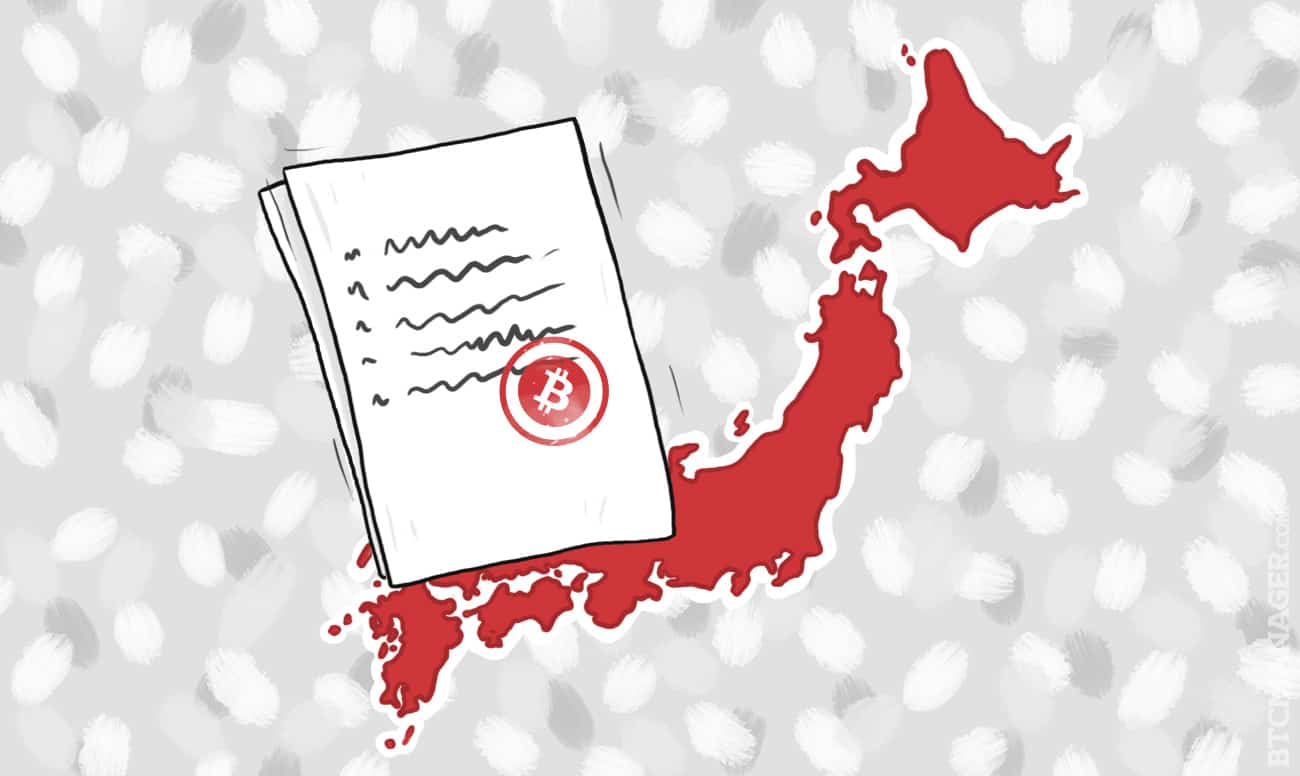Japan Leads the Way in Proposing G20 Action to Stop Crypto-Related Money Laundering

The G20 heads again on March 19, 2018, and one of the leading topics up for discussion will naturally be related to cryptocurrencies. In particular, Japan is urging their fellow G20 members to universally speed up their attempts to stop digital currencies as a tool for money laundering.
Details of the Upcoming G20 Meeting
It is believed that the chances of the finance leaders agreeing on a global set of rules are unlikely. However, it is encouraging to hear there will be discussions held on this matter. Also, a general investigation into the area of consumer protection in the digital currency sector will undoubtedly be lauded.
This G20 meeting is made up of central bankers and finance ministers from 20 major worldwide economies. The meeting will take place on March 19 to 20, 2018 in Buenos Aires, with the topic of digital currencies being high on the agenda.
As there is such a diverse range of approaches taken by the member countries when it comes to cryptocurrencies, it is hard to see common ground being reached in a week’s time.
Some of the G20 countries like South Korea and China have come down hard on digital currencies as of late, with bans enacted on initial coin offerings (ICOs) in both nations, with China also placing restrictions on crypto trading on their shores.
Other countries though have welcomed blockchain and cryptocurrency developments with open arms and see it as a great way of developing their economy.
There are many benefits blockchain technology can have on the operations of governments, businesses and individuals, not to mention the tax revenues these countries may receive from the likes of ICOs, large-scale mining companies, and other members of the ecosystem.
Therefore, it seems inevitable there will be a stalemate during these discussions. They will surely find common ground, however, in preventing digital currencies from being widely used for money laundering.
In general, the consensus seems to be in opposition to implementing regulations that are overly strict, as this may stifle the benefits these technologies have in their country.
Topics Outside of Fraudulent Behavior
There is a presentation planned by the Financial Action Task Force (FATF), which is a group made up of 37 countries and was initially created to combat illicit business and finance dealings. This presentation concerns what they have seen to date with crypto-related money laundering.
Japan fears that if nations have looser regulations than their counterparts, there will be a loophole for money launderers to exploit.
The Asian country has already adopted a system for overseeing their cryptocurrency sector, thus making the first country in the globe to do so. There is also a joint proposal from Germany and France in relation to bitcoin cryptocurrency market regulation.
The Japanese propose regulations to stop illicit activities and improve consumer protection, at the same time promoting innovation in the fintech and crypto sectors.
These developments, of course, are easier said than done, so it will be interesting to see what comes of this meeting.














